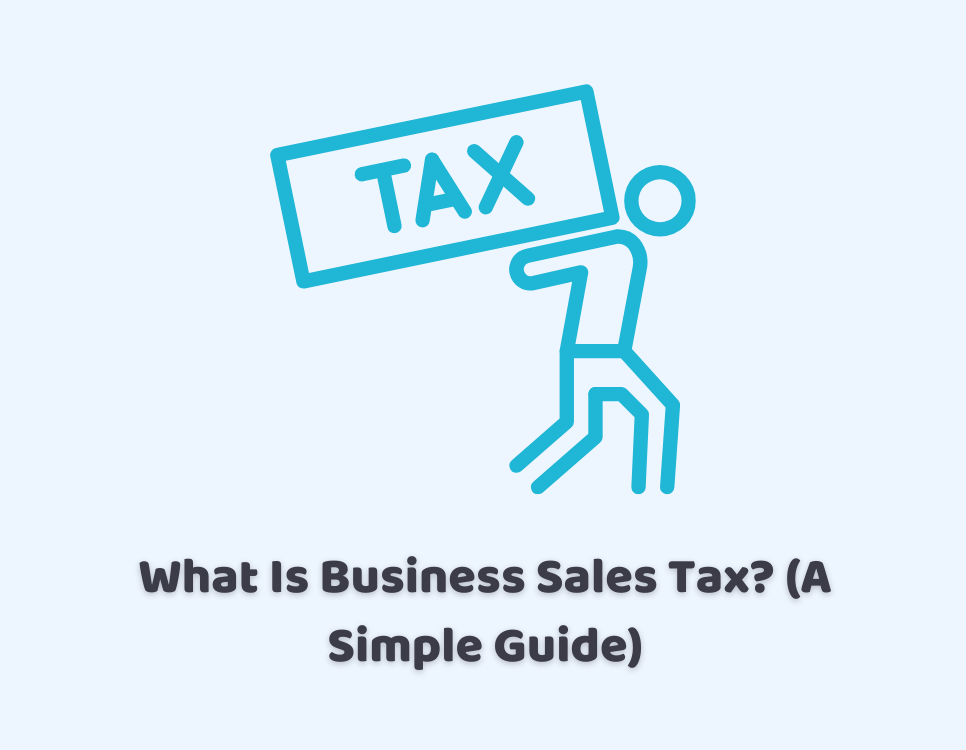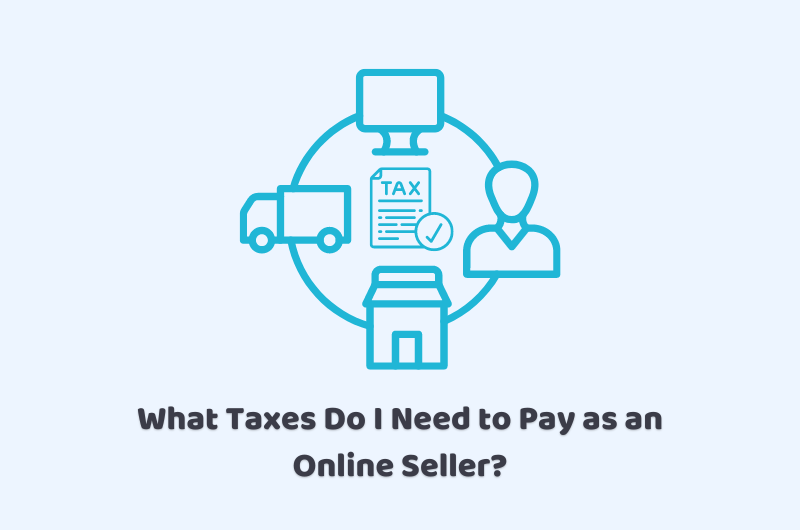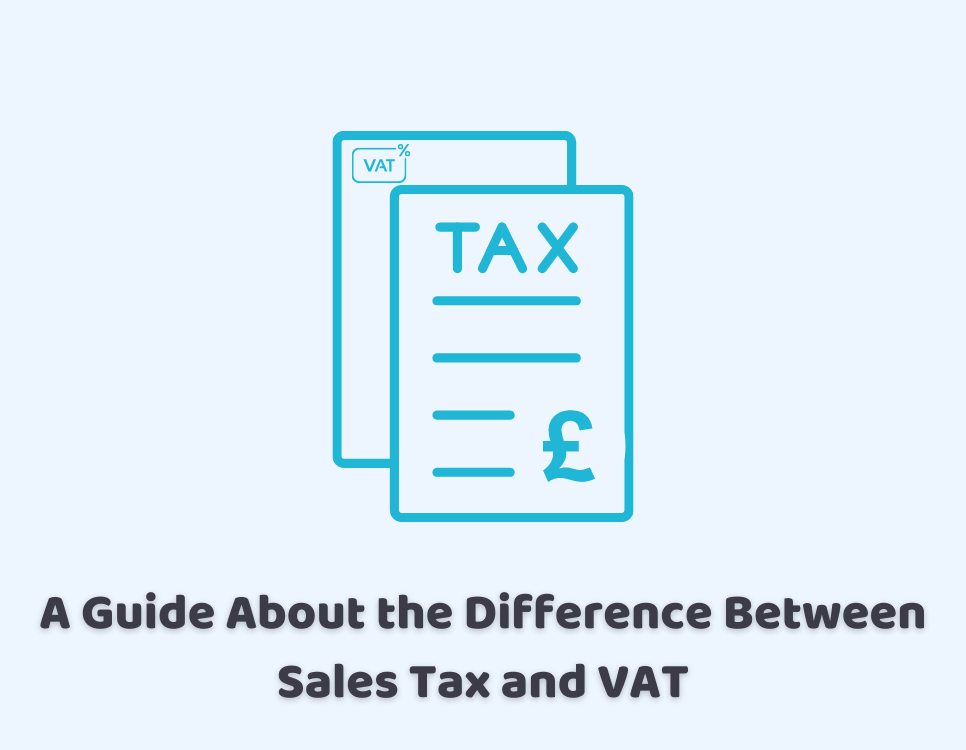
23/06/2022Accounting , Tax Issues , Taxation
Business Sales Tax is an important source of revenue for the government. In the United Kingdom, the business sales tax is collected in the form of Value Added Tax (VAT). The government charges different rates for different types of businesses and customers.
Interestingly, business sales tax or VAT is added to the price of the product that the government receives from the sellers. However, different states in a country levy different tax rates in a country. In the UK, the Vat rate is standard which varies slightly depending on the products and customers.
In this blog, we will walk you through the business sales tax or VAT and what are the different VAT rates and how one can reduce this tax in the United Kingdom. So, let’s start our discussion!
Let’s seek the help of the world’s best accountants at the CruseBurke for the accounting problems of your business. Give us a call at 02086868876 or send us an email today.
What is Business Sales Tax or VAT?
Buying goods and services in the United Kingdom requires the payment of sales tax by the customers. For this, the price of products has already included the Value Added Tax. Value Added Tax (VAT) is a consumption tax and is the third-largest source of generating revenues in the UK after the income tax and National Insurance Contributions.
VAT is the tax credit added at each stage of production. The standard rate of VAT is 20% on different consumer goods and services. Besides, other consumption items might have lower VAT rates depending on the specific conditions.
Similarly, the UK government has removed some of the consumption items from the VAT list due to certain reasons. Let’s discuss the different rates of business sales tax or VAT and how it works in the UK!
Different VAT Rates in the UK
In the UK, a standard VAT rate is used for almost every consumer good and product. However, this rate is reduced for certain types of goods. On the other hand, some consumer goods are exempted from this Vat rate. This rate is lowered to 5% for the goods like children’s car seats and energy-saving materials at home.
The zero Vat tax rate is applicable for those products essential for survival like basic food items and children’s clothes.
In other words, most food products and drinks do not come under the UK’s VAT system. For example, some luxurious food items like confectionery, alcoholic products, ice creams, snacks, soft drinks & mineral water.
Similarly, disabled persons and persons with chronic diseases will not have to pay any VAT or sales tax in the UK.
How to Calculate the Vat Rate or Business Sales Tax?
Calculating business sales tax is very simple. A simple multiplication of the price of the product with the standard Vat rate or the reduction can give you the VAT value. This value is then added to the price, giving you the total price of the product.
Here is the formula for calculating the Vat rate or duty.
Business Sales Tax or Vat: Price of the Product * Vat Rate
After calculating the business sales tax, add the value to the original price to obtain the total price of the product.
Total Price = Original Price + Business Sales Tax or Vat rate
Example
For example, company A produces and supplies the products at a price of £500. The Business sales tax will be equal to:
Business Sales Tax or the Vat = Price of the Product * Vat Rate
= £500 * 20%
= £500 * 0.2
= £100
It means £100 will be the Vat rate and it will be included in the original price of the product. So, the Vat-included or final price of the product will be:
Total Price = Original Price + Business sales Tax or the Vat
= £500 + £100
= £600
As you can see the final price increases by the Vat rate. On the other hand, the sellers deduct this amount from the price and pay this tax to the government.
Eligibility for the Reduced Vat Rate
To be eligible for the reduced or no Vat duty calls for the certain benefits enjoyed by the different people. Only in the following case, one will be eligible for getting a reduced Vat rate.
- A person of the age of 60 or more
- Child Tax Credit (but not the family element)
- Council Tax Benefit
- Disability Living Allowance
- Personal Independence Payment
- A disablement pension
- Housing Benefit
- Jobseeker’s Allowance (income-based)
- Income Support
- War Disablement Pension
- Working Tax Credit
Similarly, the cost of the product also counted for the Vat rate. If the cost is not more than 60% of the total cost of the installation of the product, the reduced rate of 5% will be applicable.
The Bottom Line
In conclusion, the sales tax is an important part of the government’s revenue generation process in the world. In other countries, the rates vary from one state to another. However, there is a standard rate of 20% Vat on consumer goods. This rate can be lowered by fulfilling certain criteria. For example, if you are above the age of 60, you will be charged a lower tax rate.
However, if you qualify for certain conditions, you can enjoy a reduced VAT rate of 5%. Disabled persons or persons with a long-term illness are exempted from the Value Added Tax (VAT). Similarly, all the essential consumption goods are not included in the Vat system.
Calculating a tax on the business sales is simpler and requires a simple multiplication of the price and the Vat rate. Adding this price to the original price gives the final price of the product. So, you can calculate the business sales tax yourself if you run a business for consumer goods.
Struggling to sort out your accounting issues? Why not get help from our professional chartered accountants to make your accounts accurate and up-to-date? Reach out to us for a consultation.
Disclaimer: All the information provided in this article on Business Sales Tax including texts and graphics is general in nature. It does not intend to disregard any of the professional advice.



